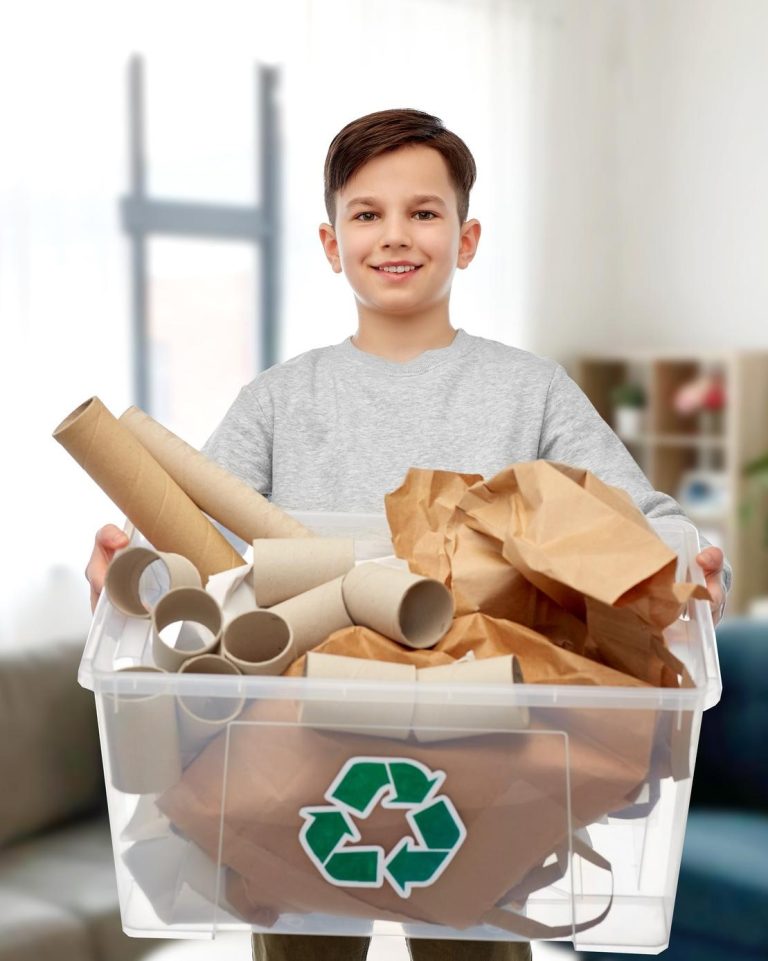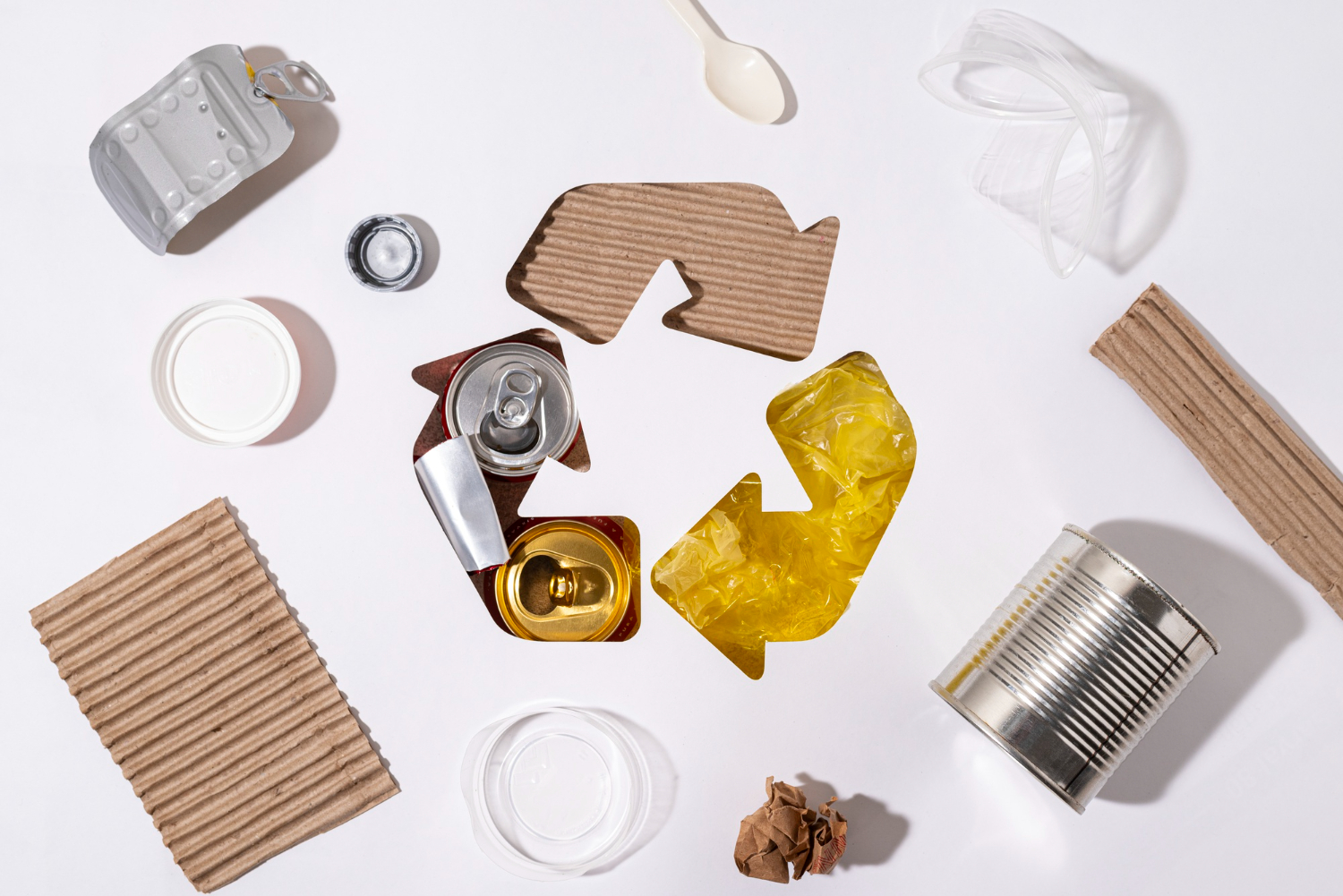In recent years, metal recycling in Kuwait has grown from being just an environmental need to a powerful economic tool. From reducing waste to creating job opportunities and conserving valuable resources, metal recycling plays a significant role in shaping a more sustainable and prosperous future for the country.
This blog explores how metal recycling contributes to the Kuwaiti economy—in both visible and often-overlooked ways
1. Reducing Dependence on Raw Materials
Kuwait, like many countries, relies on importing raw materials for industrial and manufacturing needs. Extracting and processing raw metals is costly and energy-intensive. However, when we recycle metals like copper, steel, aluminum, and iron, we minimize the need for fresh extraction.
This directly reduces the country’s import bills and keeps more capital within the national economy. Metal recycling provides a local, sustainable supply of industrial materials—a game changer for long-term economic stability.
2. Supporting Local Industries
Recycled metals are widely used in construction, automotive, oil & gas, and manufacturing sectors—all of which are pillars of Kuwait’s economy. Instead of sourcing new metals at high international prices, local industries benefit from affordable recycled alternatives.
That’s where businesses like Fabulous Scrap Recycling come in—offering high-quality scrap metal recycling services across Kuwait. By doing so, they indirectly help local industries lower production costs and increase their competitiveness.
3. Creating Jobs and New Markets
The metal recycling industry is labor-intensive, requiring workers at every step — from collection and sorting to processing and transportation. This generates employment for a wide range of skill levels.
Plus, recycling creates room for new businesses: scrap yards, transportation services, specialized metal processing firms, and even small-scale traders. As demand for sustainable solutions grows, more entrepreneurs and investors are entering the recycling space.
It’s not just good for the planet—it’s a career-building, business-boosting industry.
4. Boosting Small Business Growth
Unlike large mining operations or industrial production, scrap metal recycling is accessible to smaller players. Independent collectors, small contractors, and even households can participate by collecting and selling scrap.
This decentralization helps distribute income more evenly across society and encourages local economic activity. A robust recycling network, supported by companies like Fabulous Scrap Recycling, provides regular income to many who might otherwise struggle in Kuwait’s competitive job market.

5. Supporting the Construction and Oil Sectors
Two of Kuwait’s biggest economic drivers — construction and oil & gas — benefit enormously from metal recycling.
Recycled steel, aluminum, and copper are used in infrastructure projects, pipelines, rigs, and refineries. Metal recycling services also help manage waste at construction sites and oilfields by offering scrap pickup, bin rental, and demolition clean-out.
By keeping the supply chain efficient and environmentally friendly, recycling supports the sustainability goals of these key sectors.
6. Saving Energy = Saving Money
Producing new metals from raw materials consumes a significant amount of energy. For example, recycling aluminum saves up to 95% of the energy needed to produce it from bauxite ore.
Energy is expensive in any economy, and savings here directly impact national economic performance. When businesses and governments reduce energy use, those funds can be reallocated to other critical sectors like healthcare, education, or infrastructure.
In short: metal recycling is a smart way to reduce both environmental and financial costs.
7. Encouraging a Circular Economy
In a circular economy, materials are reused and repurposed instead of being thrown away. This approach reduces waste, lowers costs, and builds a more resilient system.
Metal recycling in Kuwait is a key part of this model. By turning yesterday’s scrap into tomorrow’s building blocks, Kuwait is taking steps toward long-term economic and environmental sustainability.
Companies like Fabulous Scrap Recycling are helping turn this vision into a reality — collecting, processing, and returning valuable metals into the economy.
8. Strengthening National Sustainability Goals
The Kuwaiti government has taken steps to align with global sustainability and development goals. Efficient waste management and recycling are key components of these plans.
By investing in recycling infrastructure and supporting businesses in this sector, the nation strengthens its commitment to a greener economy — while also opening doors to international collaborations, investments, and green technology.
Final Thoughts
The benefits of metal recycling in Kuwait go far beyond just cleaning up waste. It saves money, boosts industry, creates jobs, supports the construction and oil sectors, and helps move the country toward a circular, energy-efficient economy.
If you’re a business, contractor, or homeowner looking for a reliable partner in scrap management, Fabulous Scrap Recycling is proud to offer professional solutions — from scrap metal pickup to container rental and industrial clean-outs — across Kuwait.
Ready to be part of Kuwait’s greener, stronger future?
Let recycling be your contribution — and your smart economic choice.

